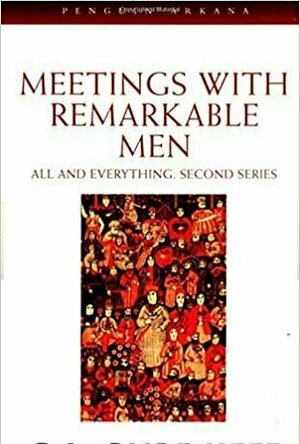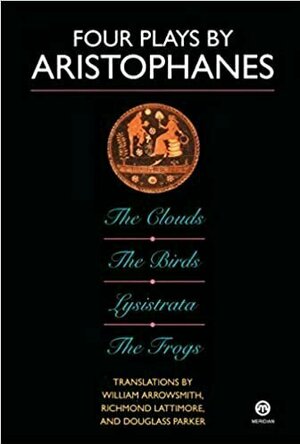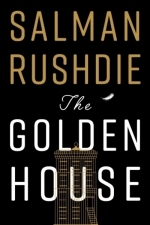The Chocolate Lady (94 KP) rated The Golden House in Books
Oct 6, 2020
https://tcl-bookreviews.com/2017/08/12/glitter-and-tarnish/

MyMTN Cyprus
Utilities
App
With the MyMTN app you can now have full control of your account, using your smartphone. It’s...

Translator Dictionary - Best All Language Translation to Translate Text with Audio Voice
Reference and Utilities
App
Free Text To Speech TTS Pronunciation for a Limited Time! Translator Dictionary provides...

Photo Translator for iPad Pro
Travel and Business
App
Take a picture from your phone camera and translate it directly to any language. The app will...

Meetings with Remarkable Men
Book
The Armenian-Greek spiritual teacher, G.I. Gurdjieff’s autobiographical account of his youth and...

Four Plays by Aristophanes
Book
Whether his target is the war between the sexes or his fellow playwright Euripides, Aristophanes is...

The Other Side of Midnight
Book
This number-one New York Times best-selling novel is Sidney Sheldon at his best...a novel complete...

IB Options Calculator
Finance and Business
App
The Options Pricing Calculator is a free App that allows users to price options using a "what-if"...

Europa Blues
Book
A Greek gangster arrives in Stockholm, only to be murdered in a macabre fashion at Skansen zoo, his...

